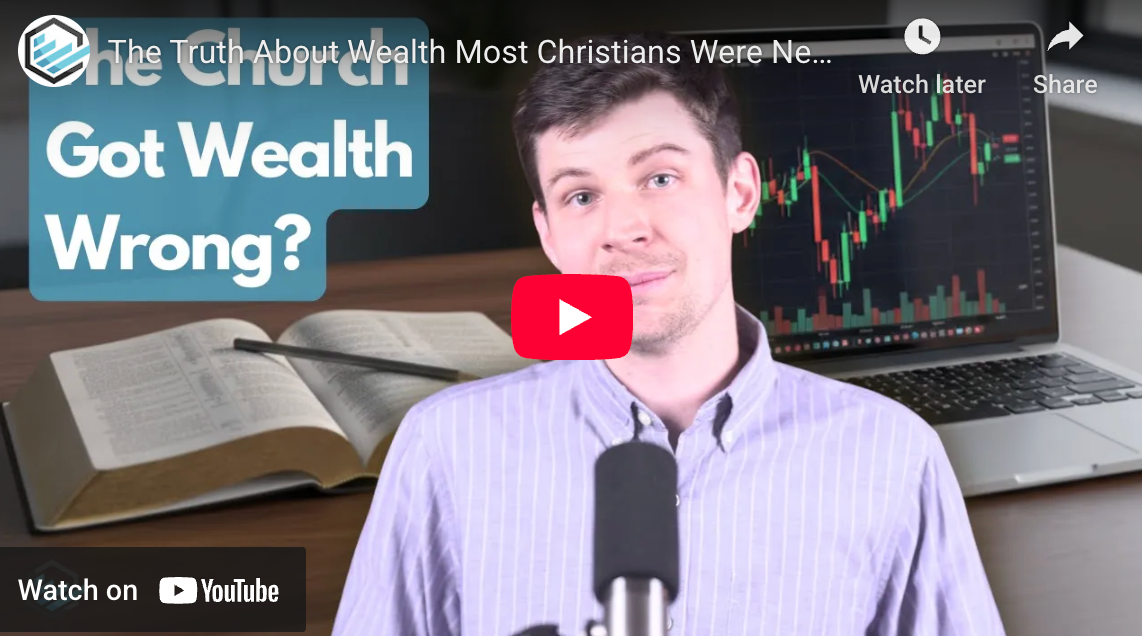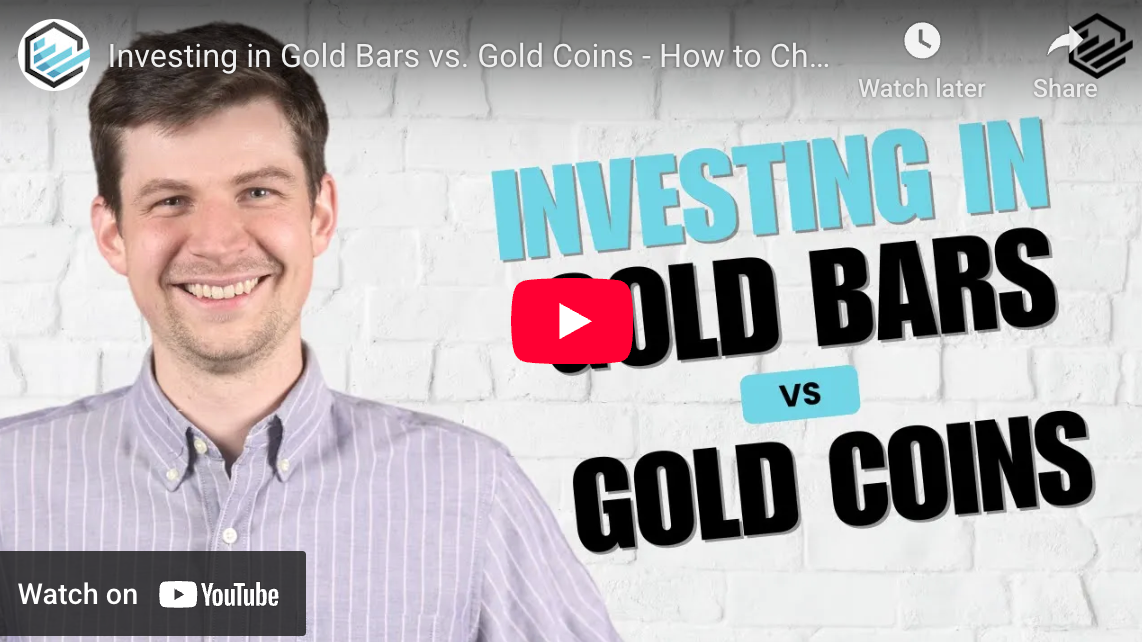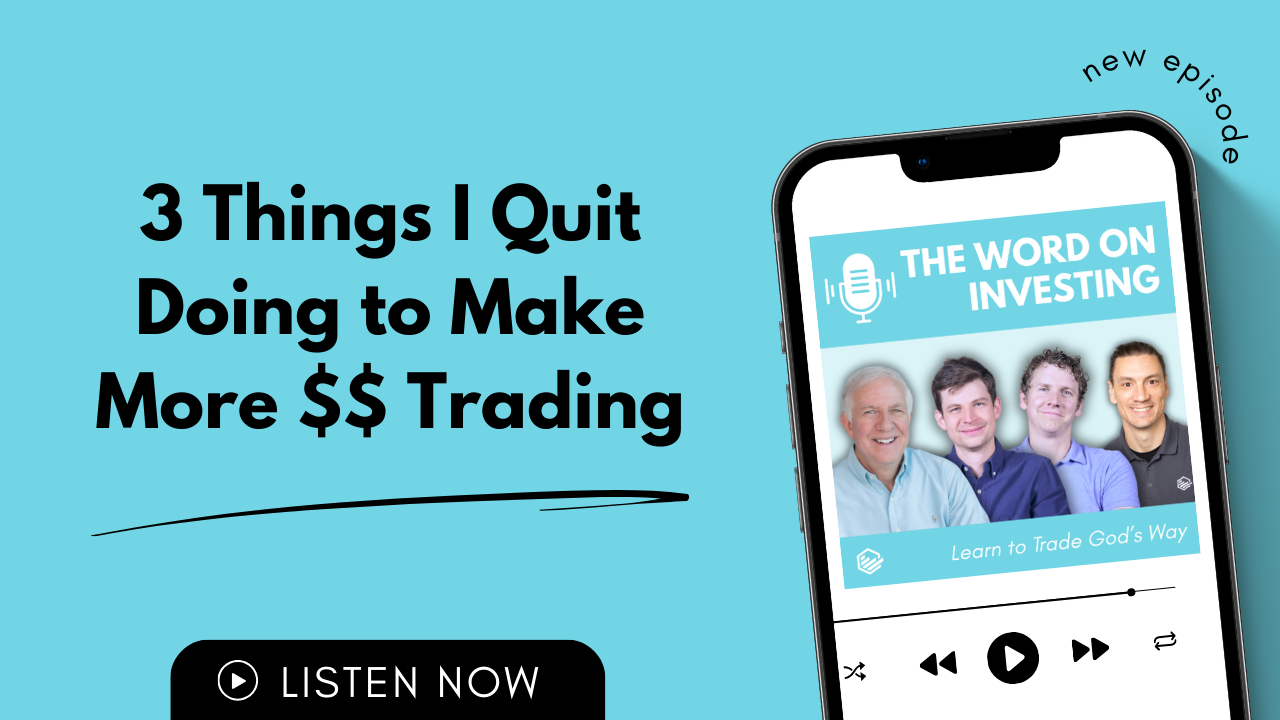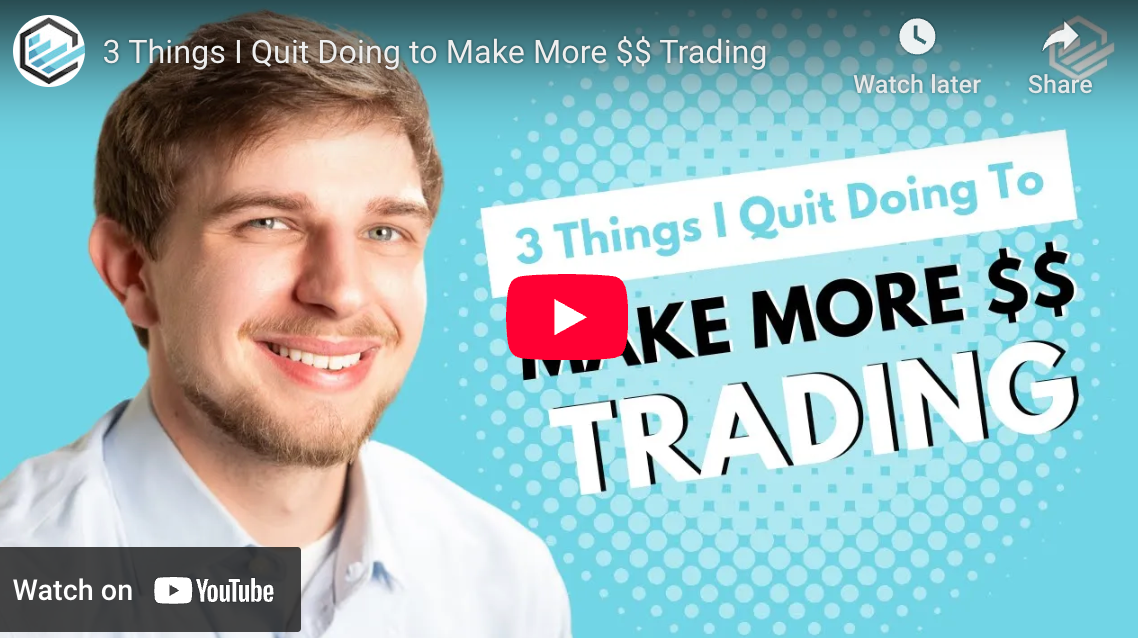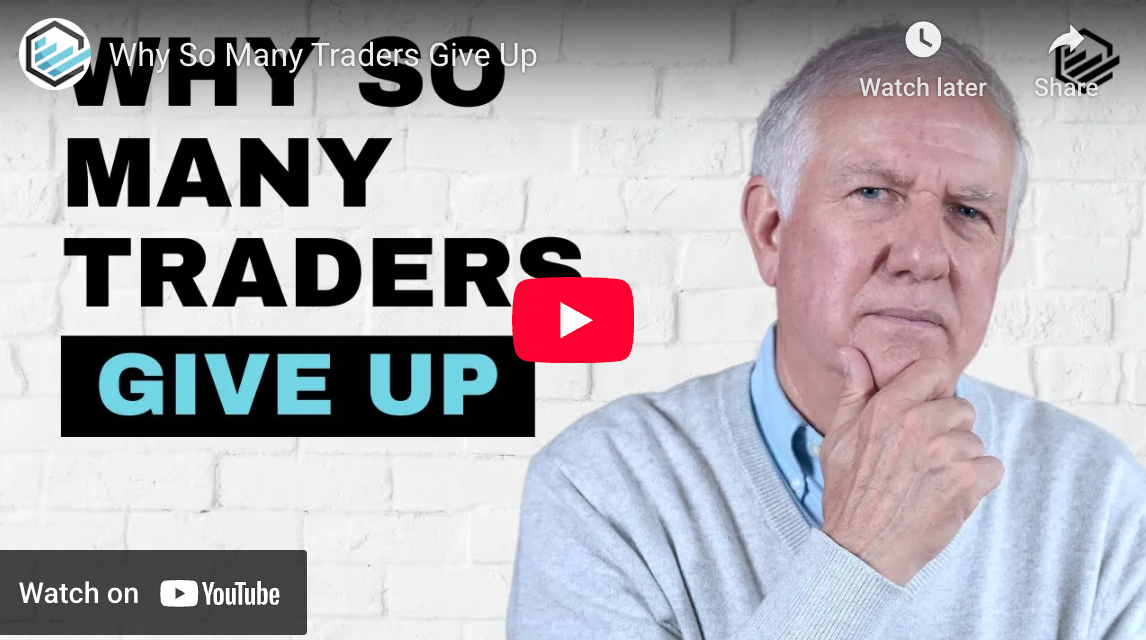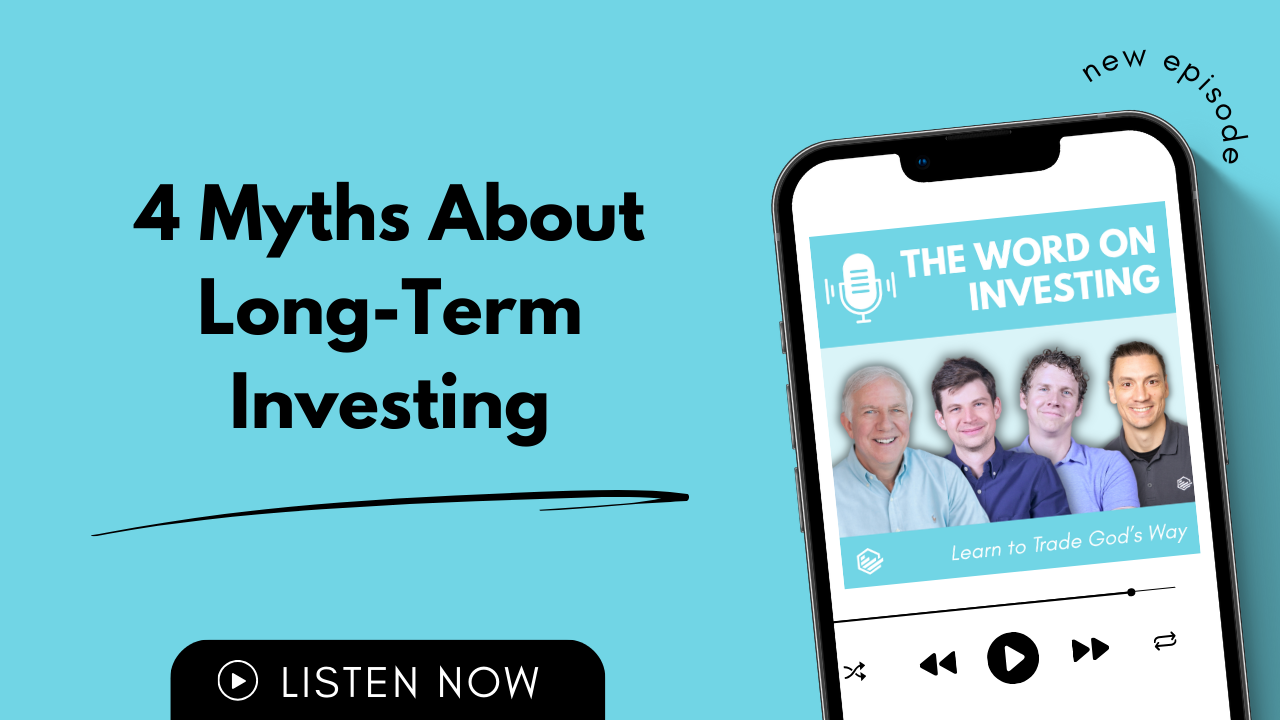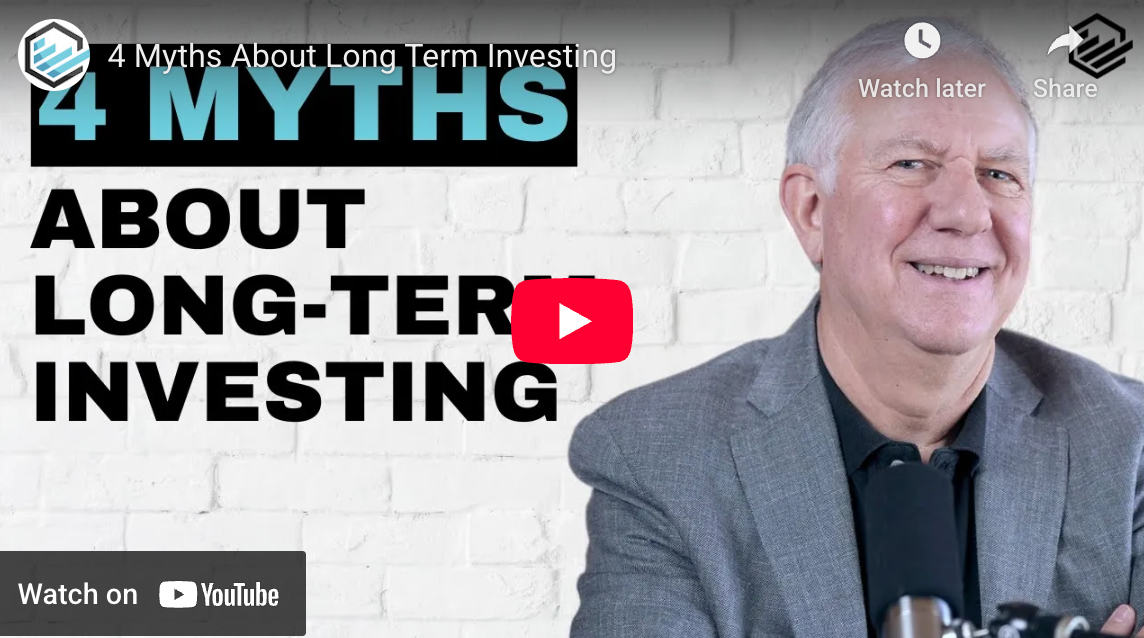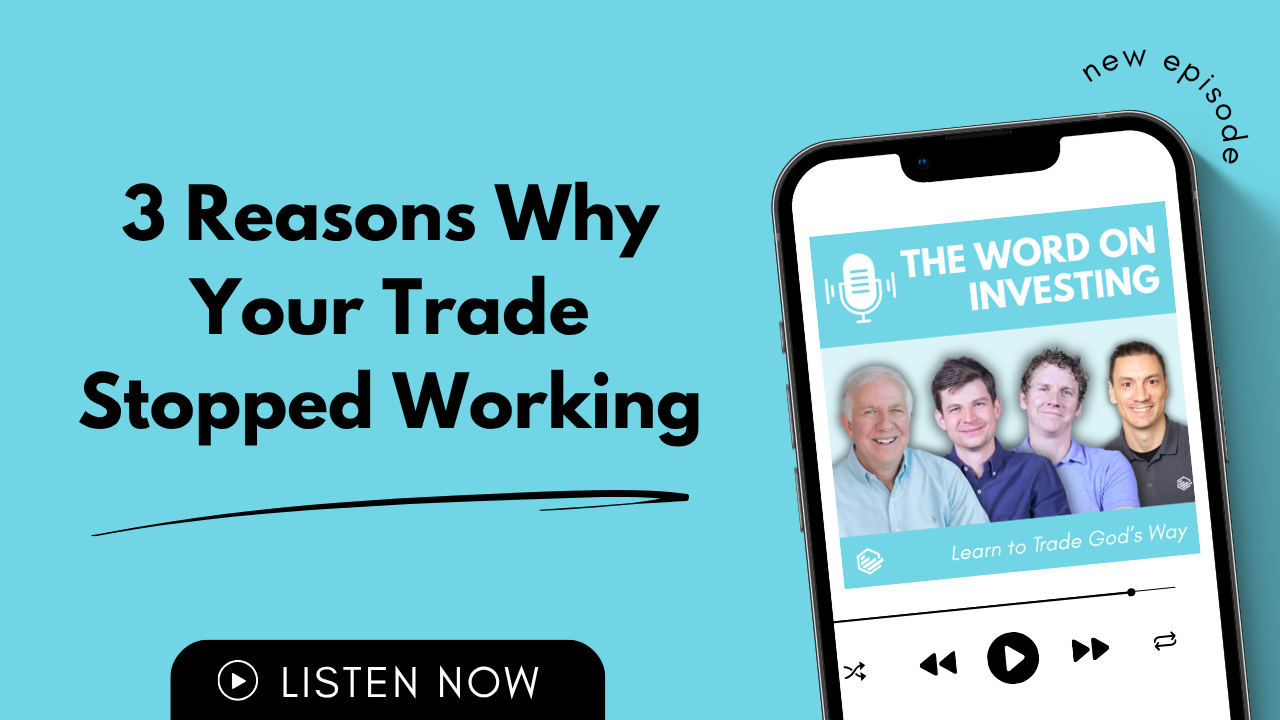Should Christians Invest in the Stock Market

Is Trading or Investing in the Stock Market Sinful?
Christians interested in investing and stock trading often wonder if the stock market itself is sinful. And while lots of gambling has certainly taken place in the stock market, that's absolutely not what the stock market is for.
Let’s break this down. Is the stock market itself sinful? Looking at its origins will give us some important clues. On May 17th 1792, a group of stock brokers and merchants signed the
Buttonwood Agreement plan outside of 68 wall street under a Buttonwood tree in New York.
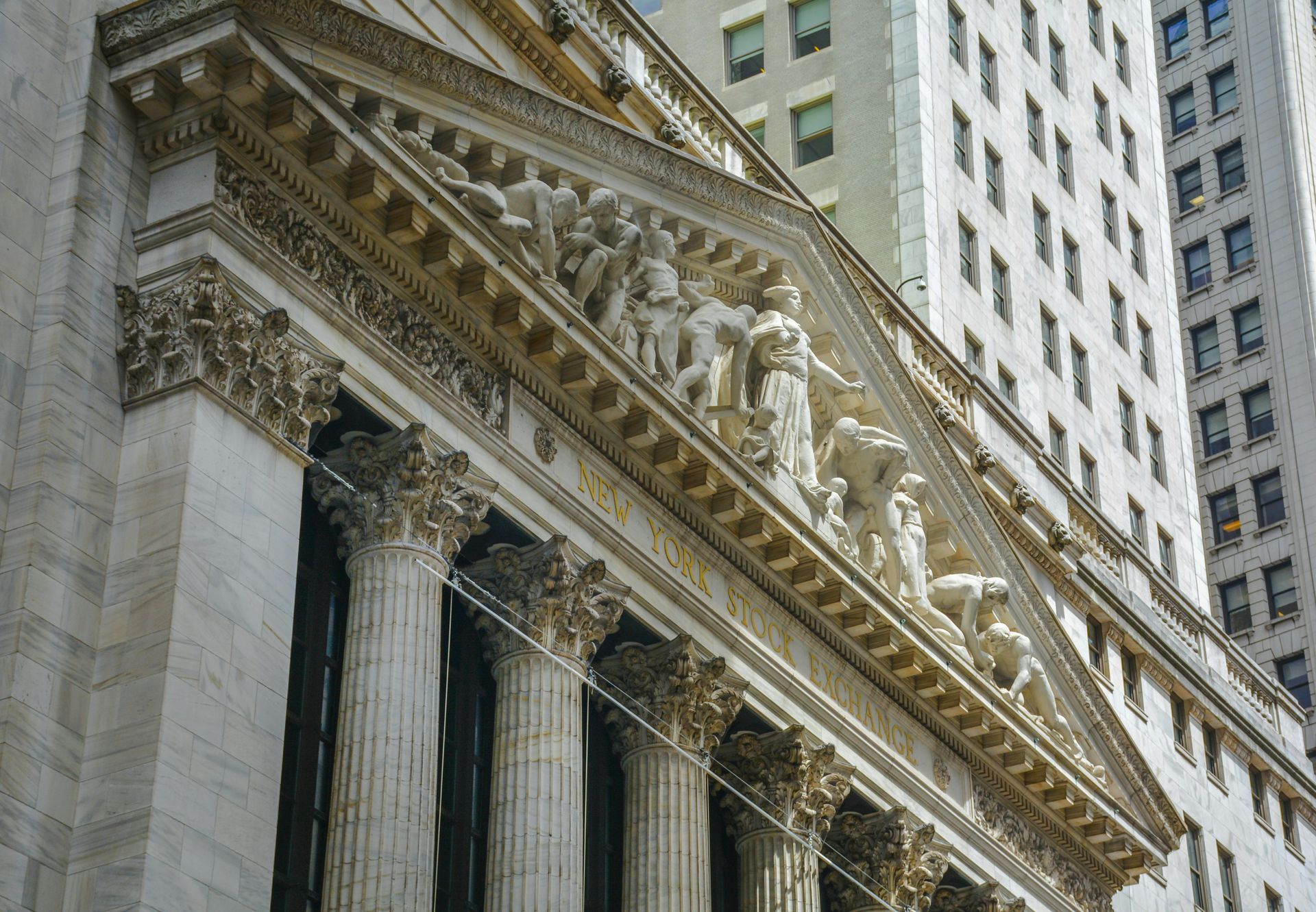
The New York Stock Exchange Building Exterior. Photo credit: Arpan Parikh.
The Buttonwood Agreement was an attempt to put an end to shady and chaotic practices in stock trading by providing a basic structure and general framework for future trading. It created a centralized exchange that we now know as the New York Stock Exchange. The agreement helped to create a free market system where anyone can have access to the buying and selling of publicly traded securities.
And it also provided transparency to keep average traders, like you and me, safe from the malpractices of dishonest people. So the stock market is actually a place designed to lower risk, which means it's quite opposite to the idea of gambling. Since its inception, it was intended for legitimate business purposes, and it's still used for that to this day. The stock market is meant to bolster and improve our economy, and it does just that.
Could it still be used for gambling? Of course. Just like you can gamble in anything in life.
To keep it from being gambling, we just need to get educated about it. Our entire
stock trading education is based around teaching Christians to trade in the stock market biblically. TRADEway was founded by David Mitchell, a Christian stock trader. TRADEway began with David teaching stock trading to his fellow church members, and it’s only grown from there. So from its inception, our stock trading education has been rooted in what it means to be a Christian stock trader, and the extra responsibilities that come with that.
We take our economic principles that we teach our students to become better stock traders straight from the Bible. As David says in his podcast
The Word on Investing, “The Bible is a practical book.”
Using Ecclesiastes to Understand Investing and Trading
If you go to Ecclesiastes chapter 11, you'll see a lot of biblical business principles, and believe it or not, many of these same principles are found in the stock market. Ecclesiastes 11:1 says, “Cast thy bread upon the waters for thou shalt find it after many days.”
This may seem like a weird verse at first because it doesn't seem like it's talking about money, but that's because it's an analogy. The idea of casting bread upon the water carries with it an element of risk. If you throw bread on the water, you're giving up your food, but it also carries with it the idea of getting a return. When you throw your food into the water, you attract fish. If there are no fish in the area, it may sit at the bottom of the water for a few days, but eventually fish might be drawn to it and you would have the potential for more food.
Similarly, if you buy stocks, you are risking your money but it's not a get rich quick scheme. You might see some immediate results, but often it's a process that takes many days or even months before you'll see a return.
Let's look at the next verse.
Ecclesiastes 11:2 says, “Give a portion to seven and also to eight, for thou knowest not what evil shall be upon the earth.
This shows the idea of diversification. Take your money and invest it in several opportunities. Why? Because you don't know what bad things are going to happen. And if you have all your eggs in one basket, you might lose them all. So for this reason, Solomon, in all his wisdom, says that you should diversify. In the stock market, we see the use of diversification all the time.

You Won’t Have Control Over the Stock Market–And the Bible Can Help You With That
Traders can find it difficult psychologically to engage with the stock market because it’s always changing. Until you learn patterns to look for, it can be hard to feel like there’s any solid ground. This lack of control can be stressful. And the Bible can help you navigate that.
Ecclesiastes 11:3 says, “If the clouds be full of rain, they empty themselves upon the earth: And if the tree fall toward the south, or toward the north, in the place where the tree falleth, there it shall be.” This verse is here to remind us that we are not in control. It's God who's in control.
One of the things people hate most about the stock market is that they can't control it. But we never really have control in life. God does. Once you can understand that and let go of trying to control the market, you can start to see what it’s doing more clearly, making you a better trader.
The next verse says, “He that observeth the wind shall not sow; and he that regardeth the clouds shall not reap.” The Holy Spirit in His infinite wisdom is speaking through the pen of the wisest king to ever live, King Solomon. And in this verse, He knows that He has just told us we don't have control, and so now he needs to help us deal with our emotions. The two emotions he chooses to address happen to be the two driving forces of the stock market: Fear and greed.
The Bible on Overcoming Fear & Greed So You Can Place Better Trades
The farmer that observes the wind will be too fearful to sow his seed. He'll worry that he might have his seed blown away and lost to the wind. So he'll never have a harvest. People often sell stocks too early or never buy stocks at all for fear of loss. They're like the ones who observe the wind.
Then you have the one that regardeth the clouds. He's the farmer who did sow his seed and he's about to harvest his crops. When he sees rain clouds, he says to himself, “Hmm, maybe I should wait and let the clouds water these crops so they'll get bigger before I harvest.” He's the one that gets greedy in the stock market.
This looks like the guy who buys the stock and never sells it because he thinks, oh, it'll keep going up. Sometimes he finds that he'll get washed out while hoping for more. When approaching the stock market, we should neither be fearful nor greedy. Why? Because God is our provider and it's His money to begin with.
The Bible on Getting to Work, Investing in Multiple Things & Taking Advantage of Opportunities
We cannot earn one penny more than we're supposed to. So don't worry about it. Just do the best you can and watch what God does with it. Ecclesiastes 11:5 says, “As thou knowest not what is the way of the spirit, nor how the bones do grow in the womb of her that is with child: even so thou knowest not the works of God who maketh all.”
I love that this chapter starts off talking about money, and quickly turns to a discussion about trusting God. This verse shows us it's God who's in control. So what do we do with that? We do what the next verse says. Verse 6 says, “In the morning sow thy seed, and in the evening withhold not thine hand: for thou knowest not whether shall prosper, either this or that, or whether they both shall be alike good.”
In other words, get to work. Invest in multiple things. Take advantage of opportunities. You're really not in control of your future anyway. So just do the best you can with what God gave you and wait and see what God prospers.
But wait, there’s more…
The Book of Matthew Encourages Us to Invest
In Matthew 25, we have the Parable of the Talents. Remember the third servant who buried his talent? What did the master say to him? He said, “Thou oughtest therefore to have put my money to the exchangers, and then at my coming I should have received mine own with usury.”
The master (who represents God) is saying,
If you're not going to invest on your own, at least give it to someone who will.
For some, this is the only excuse they need to not learn to trade themselves. But letting someone else trade for you can have its own set of risks. And it sounds to me like God is making that out to be the least you should do.
So Should You as a Christian Trade in the Stock Market?
Maybe you’ve considered learning to trade yourself. This brings us to the question at hand. Should you as a Christians trade in the stock market? That depends. If you’re looking for a get rich quick scheme, then the stock market is probably not for you.
But if you can follow a very particular set of rules, put your trust in God rather than in money, lay aside fear and greed and make educated decisions with your money, then stock trading could give you the potential to change your life.
If you want to learn more about our Biblically based stock trading education, click the button below to schedule a call with Team TRADEway to learn more about how you can get started.

Did you love this? Share it with your family & friends!






